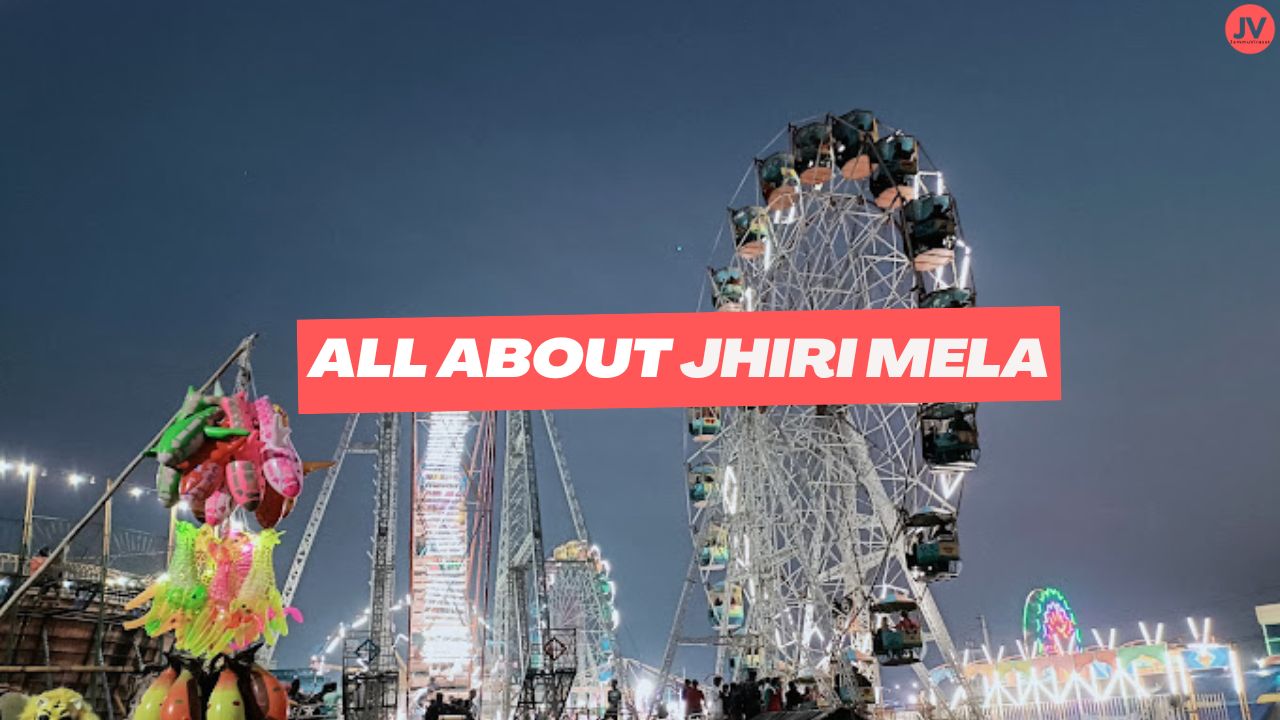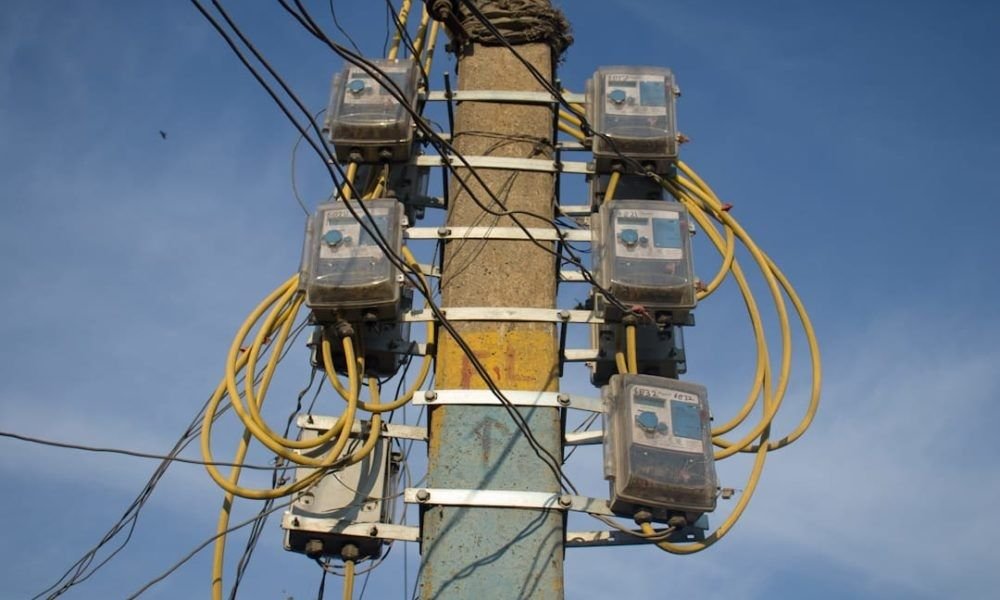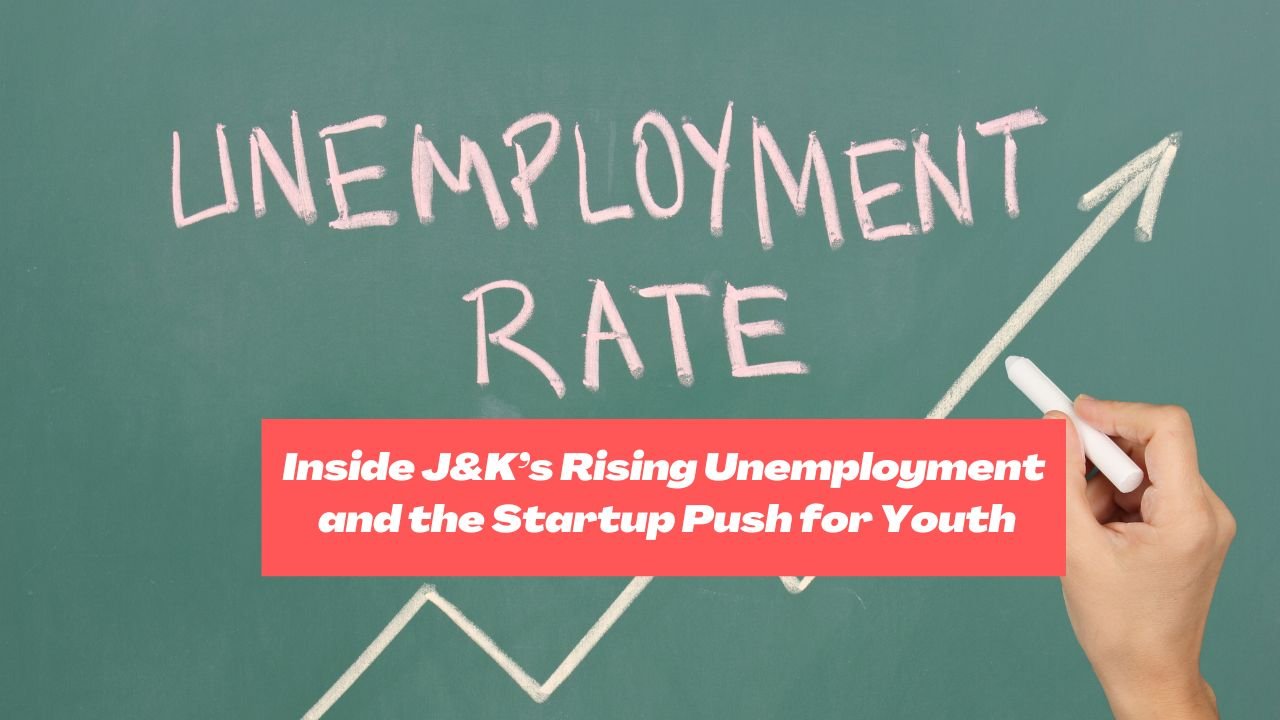Jhiri Mela is a renowned cultural fair held annually in Jammu, commemorating the valor and sacrifice of Baba Jittoo, a revered Dogra folk hero. As one of the most significant events in Jammu and Kashmir, the fair draws thousands of visitors each year, providing a glimpse into the region’s deep-rooted traditions and serving as a vibrant hub for social gatherings.
This year the Jhiri Mela (festival) would be held around 15th November 2024.
Jhiri Mela History
Jhiri Mela is a vibrant festival deeply rooted in Dogra culture, held each year to honor Bawa Jitto. Rich in cultural practices and traditions, it not only pays homage to Jitto’s sacrifice but also reinforces the values he represented. The mela fosters a collective identity among participants, connecting them with their cultural roots.
One of the central rituals is the holy dip in Baba Da Talab, a sacred pond believed to have healing powers, especially for skin ailments. Devotees immerse themselves in these waters as a symbolic act of purification, embodying both physical and spiritual cleansing. This ritual strengthens the shared spiritual identity of attendees and connects them through their faith.
In addition to the holy dip, the mela offers a range of activities that showcase the region’s rich heritage. Traditional folk performances dedicated to Bawa Jitto fill the air, narrating his heroic acts and ultimate sacrifice. These performances are essential for passing down folklore, ensuring that younger generations remain connected to their heritage. The festive atmosphere also extends to local markets bustling with vendors selling traditional handicrafts, pottery, and local delicacies. These markets not only offer an economic boost for local artisans and farmers but also celebrate the region’s cultural heritage.
Read also: Best Shopping Places in Jammu City
The Legend of Baba Jittoo and Bua Kori
The story of Baba Jittoo is one of sacrifice and resistance against oppression. Baba Jittoo was a simple, honest farmer born as Jit Mal in Aghar village near Katra, he was a hard-working farmer known for his integrity. His life took a dramatic turn when he encountered the oppressiv unjust demands from Mehta Bir Singh, a greedy landlord who violated their agreement by demanding three-fourths of Jitto’s harvest instead of the agreed one-quarter. This betrayal became a turning point, pushing Jitto to a tragic decision instead of giving up his hard-earned crop, Baba Jittoo chose to end his life in protest. His daughter, Bua Kori, upon discovering her father’s tragic death, was devastated. Guided by their loyal dog, she found his body and, in a heart-wrenching act of devotion, set herself on fire alongside her father on the funeral pyre.
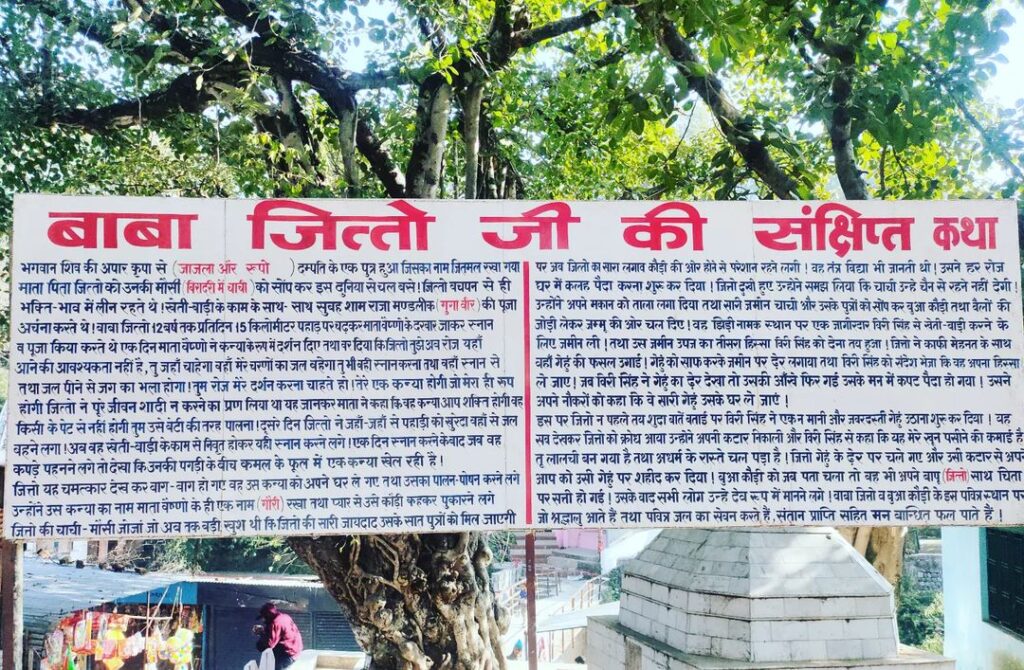
According to local lore, a severe storm followed their deaths, damaging the fields and staining the crops red with blood. The villagers, who tried consuming these blood-stained grains, were struck by various ailments. Realizing the gravity of their actions, the community sought forgiveness and began worshipping Baba Jittoo as their “Kul Devta” (family deity). The site of their samadhis (memorials) became a place of annual pilgrimage, symbolizing the legacy of righteousness and the importance of standing against injustice.
Baba-Da-Talab: The Sacred Pond of Miracles
A significant attraction at Jhiri Mela is the holy pond, known as Baba-Da-Talab. This natural water body, located about four kilometers from the main temple, is believed to possess miraculous healing properties.
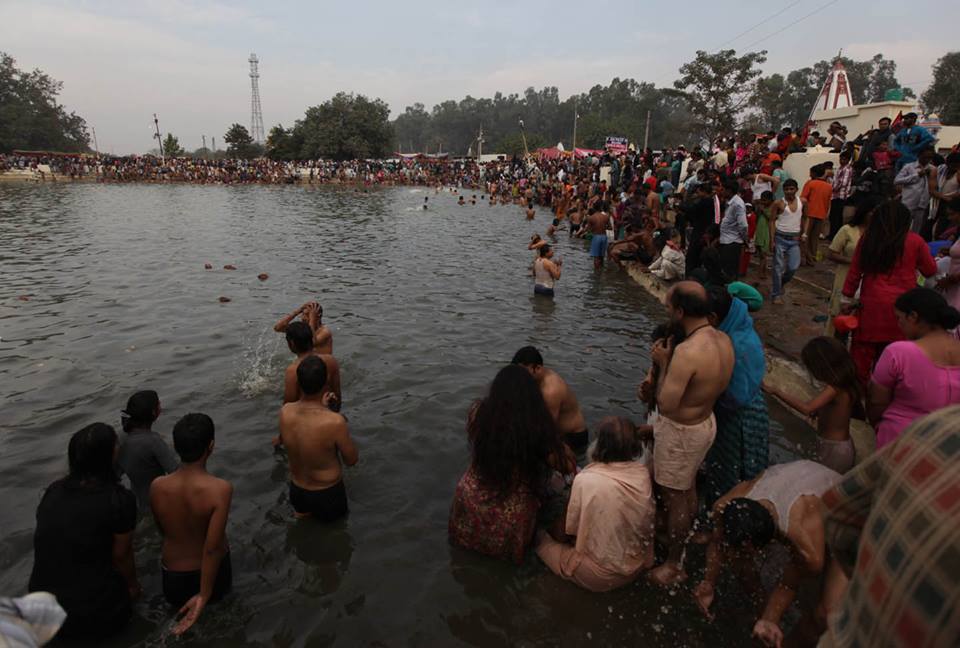
Devotees from various regions take a dip in the pond during the fair, seeking relief from skin ailments and other health issues. There is also a widespread belief that childless women who bathe in this sacred water are blessed with offspring by the grace of Baba Jittoo and Bua Kori.
Cultural Attractions and Festivities at Jhiri Mela
Jhiri Mela is a vibrant showcase of Dogra culture, lasting for about nine days. The festivities begin with devotees paying homage at the temple of Baba Jittoo, followed by a customary dip in the Baba-Da-Talab. The fairground is filled with various cultural performances, including traditional Dogra music and dance, which bring the rich heritage of the region to life.
The event also features wrestling matches (dangal), which attract participants from nearby areas, highlighting the local sporting spirit. Additionally, numerous stalls line the fair, offering a wide array of goods ranging from pottery, toys, and books to household items like utensils. For children, the colorful merry-go-rounds, giant wheels, and toy shops create a joyful experience.
Read also: Facts About Bahu Fort in Jammu
A Fair for Farmers: The Agricultural Significance of Jhiri Mela
Jhiri Mela is often referred to as the “Farmers’ Fair” because it is deeply rooted in the agricultural traditions of the region. Baba Jittoo himself was a farmer, and the fair serves as a tribute to his contribution and sacrifice. During the mela, many farmers bring their produce, particularly sugarcane, which holds a special place in the celebrations. The fair provides a unique opportunity for farmers to sell their crops directly to the visitors, promoting local agriculture and supporting the farming community.
The mela also serves as an educational platform for the farming community. Various government departments set up informational stalls, where they introduce farmers to new technologies, agricultural techniques, and welfare schemes aimed at improving crop yields and enhancing their livelihoods.
Traditions and Rituals of Jhiri Mela
Tradition and spirituality are at the heart of Jhiri Mela. Devotees from all walks of life gather to offer prayers and seek blessings from Baba Jittoo and his daughter Bua Kori and pay obeisance at Baba Jittoo Temple. The practice of taking a dip in the Baba-Da-Talab is seen as an act of purification and devotion. It is believed that the holy water washes away sins and offers protection from diseases, adding a deeply spiritual dimension to the event.
The people first visit Jhiri village to perform the ritual of paying obeisance at the twin temples of Baba Jitto and his daughter Bua Kouri, and then proceed to the adjoining village Shama Chak, where hundreds of small memorials (Samadhis) have been built by the devotees.
Social and Cultural Impact of Jhiri Mela
Jhiri Mela is not just a religious event; it is a vibrant social gathering that strengthens community bonds and promotes cultural exchange. Families from different regions come together, share their traditions, and celebrate the values of unity and compassion. The fair acts as a bridge, connecting people across social and cultural backgrounds, fostering a sense of togetherness.
The cultural programs held during the fair, including folk songs, dances, and traditional performances, reflect the diverse heritage of Jammu and Kashmir. These events not only entertain the visitors but also educate them about the rich customs and traditions of the Dogra community.
When is Jhiri Mela Celebrated?
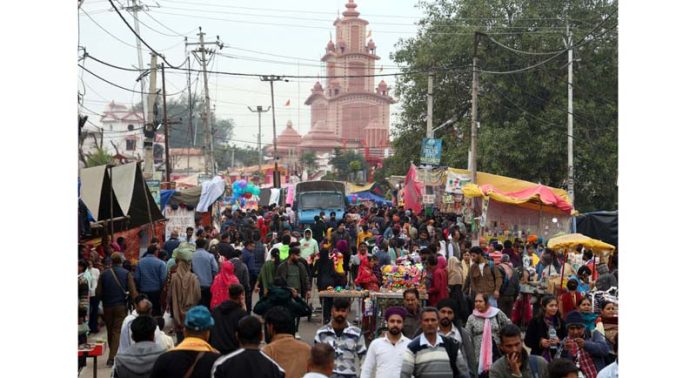
Jhiri Mela is observed annually during Karthik Purnima, the full moon night of the Hindu calendar month Karthik, which typically falls in late October or early November. This time of the year holds immense significance as lacs of devotees gather at Jhiri village, located around 20 kilometers from Jammu, to honor the memory of Baba Jittoo. His martyrdom, nearly 500 years ago, was a protest against the exploitation by the local landlord (zamindar), showcasing his unwavering commitment to justice.
How to Reach Jhiri Mela Jammu
The village of Jhiri, situated off the Jammu-Akhnoor highway, is easily accessible by road. Visitors can reach the fair by taking public buses, private taxis, or personal vehicles from Jammu, making it a convenient location for attendees from all parts of the region.
The village Jhiri is located about 20 kms from Jammu, off the Jammu-Akhnoor highway.
The nearest airport is Jammu, which is 27 KMs away.
The nearest convenient railway station is Jammu, which is 27 KMs away.
The nearest major city is Jammu, which is 20KMs away.
Major Attractions in Jhiri Mela Jammu
The Bawa Jitto Temple, Sports Activities, Wrestling Competition, Fun and Fair Activities for Kids Local Cuisine, Amusement Park, Cultural and Traditional Folk, Exhibitions, Theatre, Shobha Yatra and Procession
Read also: Things you didn’t know about Baba Sidh Goria Shrine at Swankha
Jhiri Mela stands as a testament to the spirit of righteousness and sacrifice embodied by Baba Jittoo. It is a celebration of Dogra heritage, offering a blend of spirituality, culture, and social unity. The fair continues to draw thousands of visitors each year, making it one of the most awaited events in the region. For those looking to experience the rich cultural tapestry of Jammu and to pay homage to a historical figure who stood against injustice, Jhiri Mela is a must-visit event.
Whether you are a devotee seeking blessings, a history enthusiast exploring local legends, or a traveler experiencing the vibrant culture of Jammu, Jhiri Mela provides a unique opportunity to witness a remarkable blend of tradition, spirituality, and community spirit.

